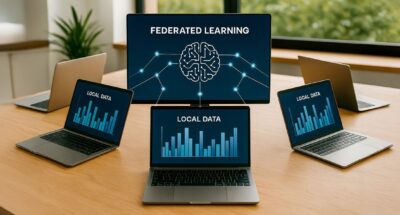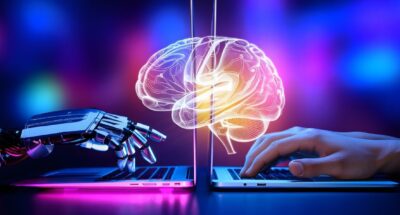Are the following true or false?
1. There is no correlation between domain expertise and intelligence
Answer: False – Expertise is correlated with intelligence but reflects a different type of ability that leverages larger and more integrated cognitive networks to facilitate better decisions within its domain.
2. Expertise is not a predictor of leadership progression
Answer: False – Deep domain expertise is important for supporting progression to senior roles. It helps leaders create value by exploiting current organizational capabilities and exploring opportunities for new sources of revenue.
3. Almost half of today’s CEOs expect their skills to become rapidly outdated
Answer: True – In a recent edX survey, 49% of CEOs said they expected their skills to become outdated within three years.
Three ways to translate practice into expertise
Developing expertise requires extensive, sustained, and systematic practice:
- Practice must encompass a broad range of situations, providing quality and quantity of experience.
- Practice must allow the opportunity to test, fail, repeat, and reflect to build the complex patterns that distinguish expertise.
- Individuals must have the discipline to engage in deliberate practice and experimentation, characterized by a growth mindset.
Five approaches to fill the expertise development gap
The above conditions are becoming harder to find on the job. The following can help plug the gap:
- Simulations (in-person and digital) can provide exposure to a range of situations.
- Facilitated projects with targeted injections of high-level expertise can accelerate the learning process.
- Rotations and immersions allow individuals to address a broader range of challenges and a wider range of people, who serve as a frame of reference and support vicarious learning.
- Secondments and international assignments are invaluable in building expertise.
- Cultivating situational judgment enhances learning capabilities across situations, enabling individuals to harvest, consolidate, and apply expertise across a wider range of experiences more rapidly.






